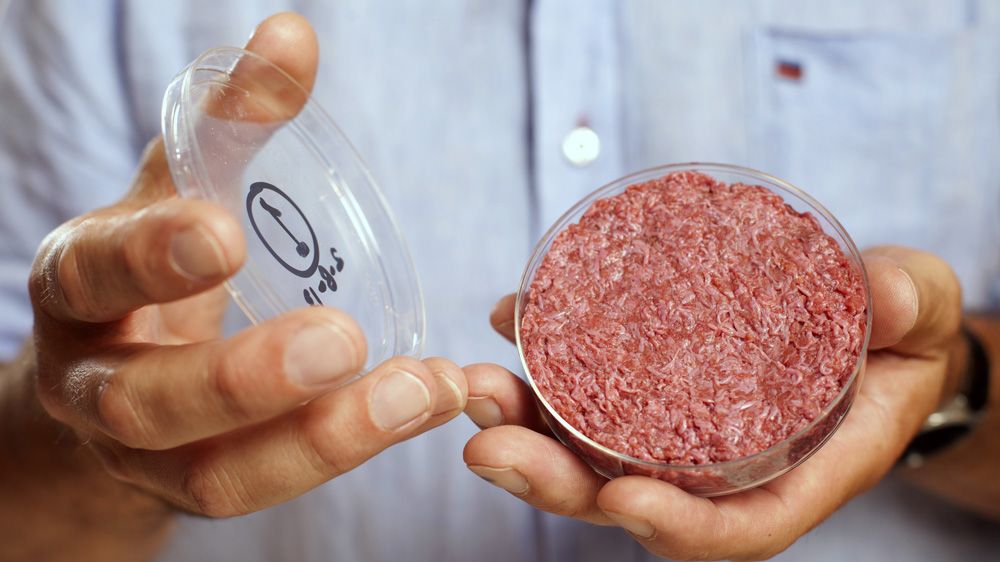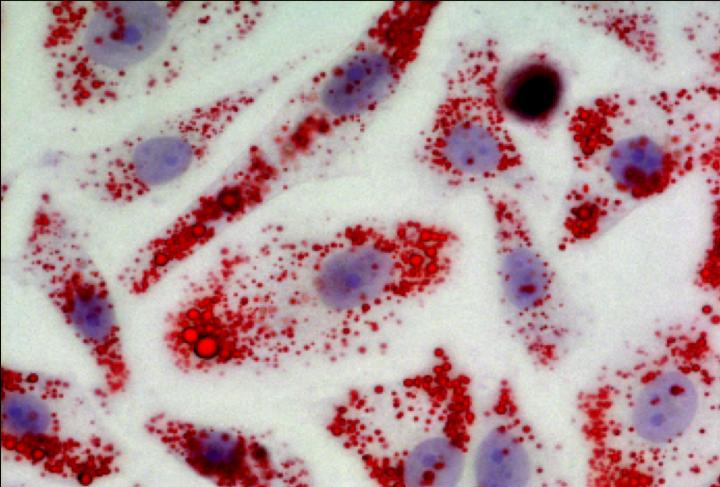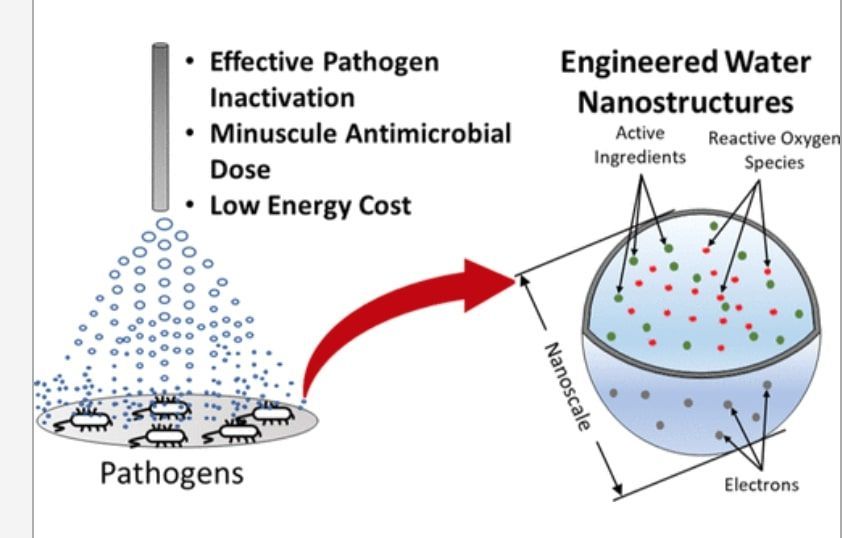The company’s protein powder, “Solein,” is similar in form and taste to wheat flour.


Do you think Xenobots is the early stage of nanobots, which could repair our body to achieve longevity escape velocity?
Scientists have created the world’s first living, self-healing robots using stem cells from frogs.
Named xenobots after the African clawed frog (Xenopus laevis) from which they take their stem cells, the machines are less than a millimeter (0.04 inches) wide — small enough to travel inside human bodies. They can walk and swim, survive for weeks without food, and work together in groups.
These are “entirely new life-forms,” said the University of Vermont, which conducted the research with Tufts University’s Allen Discovery Center.

We do have to grow meat in the labs!
Maastricht-based Mosa Meat, which has in the past received more than $1m from Google cofounder Sergey Brin, said it hopes to sell its first products — most likely ground beef for burgers — in the next three years.
The aim is to achieve industrial-scale production two to three years later, with a typical hamburger patty costing about $1.
Several companies are looking into cultured meat or meat substitute products aimed at consumers concerned about the environmental and ethical effect of raising and slaughtering animals.
New Research Estimates 75,000 People in Wuhan Are Infected With Coronavirus.
Everyone is aware of the fact that Coronavirus is spreading across China and the world quickly. By far, the virus has affected over 11,800 people and the global death toll has risen to at least 250.
Now, the Government of China has urged its people to give up non-veg because scientists believe that eating slaughtered animals’ flesh may be the cause of the disease. The virus is believed to have spread from animals to humans.
One research from the US Centers for Disease Control and Prevention shows that more than 75% of emerging diseases originate in animals. Experts believe that the dangerous virus might have originated in a market in Wuhan, China, where humans have direct contact with live animals and animal flesh. So far, many dangerous viruses have originated in animals such as the new coronavirus, SARS, bird flu, and more.

A hungry nanoparticle that enters your body and eats away at your insides sounds like a nightmare straight out of a Michael Crichton novel. In fact, it could be a future defense against heart attacks, strokes, and potentially other fatal diseases — as strange as that might initially sound.
Developed by scientists at Michigan State and Stanford universities, the innovative new “Trojan Horse” nanoparticle works by munching away portions of the plaques responsible for heart attacks. In a proof-of-concept demonstration, the researchers recently showed that their specially developed nanoparticle is able to accurately home in on atherosclerotic plaque, which is responsible for atherosclerosis, one of the leading causes of death in the United States.
“What the nanotherapy does is it enters inflammatory monocytes [a type of white blood cell] in the blood, and carries them into the plaque — hence the ‘Trojan Horse’ label — where they become macrophages, and stimulatesthose and other macrophages in plaque to devour cellular debris,” Bryan Smith, associate professor of biomedical engineering at MSU, told Digital Trends. “This ‘taking out the trash’ attribute stabilizes the plaque with minimal side effects.”

I know it is cute to talk about. But the so deemed Longevity secret of this article being amazingly similar to all other studies (again olive oil and wine) then they go on to declare the ages of the village and they then say some of them have even lived past one hundred??? There are many centenarians (I prefer to call them centurians) in all nations that fly under the radar. Such as in Dallas several times a week they wish some one on channel 4 news that is 100 or greater Happy Birthday. But I believe this is a false alarm looking for a place to go off-sound… You be the Judge??? AEWR.
Researchers studying the inhabitants of Campodimele, Italy, who are known for their longevity.

On Monday scientists called for advanced technology as the current use of aircraft to spray the pests is proofing to be futile amid growing concerns over their rapid spread.
The experts say deployment of superior technologies such as drones could hold the key to successful combat of the locusts that are now threatening food security in the country.
However, with regulations guiding drones in the country yet to be approved, use of the technology may not be possible as at now.


Olivier Feron, a University of Louvain researcher, studies how cancer spreads through the body via metastasis. His major discovery was that cancer cells multiply by using lipids as food. His latest discovery, published in the scientific journal Nature Communications, is that lipid storage promotes cancer invasiveness. A new drug currently being tested to treat obesity may also help fight metastasis.

Nanosafety researchers at the Harvard T.H. Chan School of Public Health have developed a new intervention to fight infectious disease by more effectively disinfecting the air around us, our food, our hands, and whatever else harbors the microbes that make us sick.
They used a nano-enabled platform developed at the center to create and deliver tiny, aerosolized water nonodroplets containing non-toxic, nature-inspired disinfectants wherever desired.